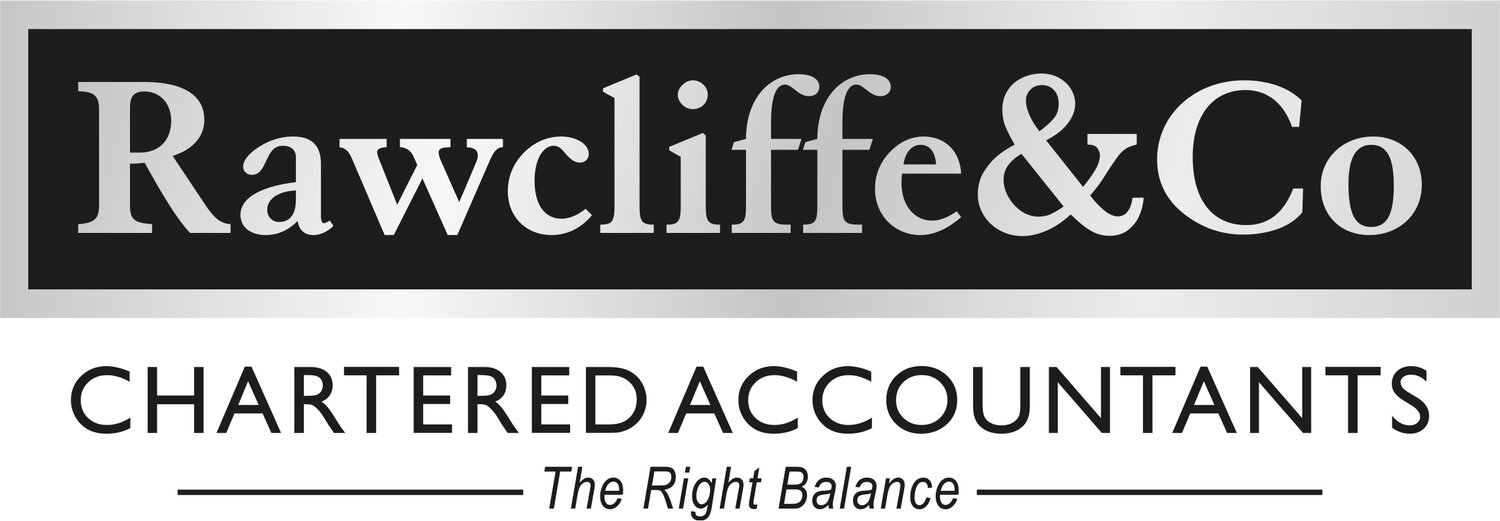HMRC Official Rate of Interest Remains at 2.25%
HMRC have announced that the official rate of interest will remain at 2.25% for 2024/25, despite the Bank of England Base Rate currently standing at 5.25%. The official rate of interest is used to calculate the income tax charge on the benefit of employment related loans and the taxable benefit of some employment related living accommodation. These rates used to fluctuate in line with base rate, and changed several times a year, but in recent years HMRC has fixed the rate for the whole tax year making the calculation of the taxable benefit easier to compute.
For those employers including beneficial loans on form P11d for 2023/24 the official rate to be used is 2.25%. The charge applies where the amount of the loan exceeds £10,000.
Should Director/Shareholders Take Advantage of This Lower Rate?
As mentioned above the HMRC rate of interest on beneficial loans looks very attractive compared to the Bank of England Base rate of 5.25%, and much higher rates charged by banks for unsecured loans.
Note that where loans are made to participators (broadly shareholders) of a close company there is potentially a special tax charge on the company on any loan still outstanding 9 months after the end of the accounting period. The charge is currently 33.75%, the same as the higher rate of tax on dividend income. This tax charge is only repaid to the company after the loan to the participator is repaid or written off.
For example, Fred, the managing director and controlling shareholder of Bloggs Ltd is loaned £100,000 interest free on 6 April 2023. No repayments are made in the year ended 31 March 2024.
The company would need to show a taxable benefit in kind on Fred’s 2023/24 P11d of £2,250 (2.25%)
If Fred repays the loan in full before 31 December 2024 there would be no special charge on the company although Fred would be assessed on the beneficial loan for the 9 months that the loan was in existence in 2024/25.
Note that there are anti- “bed and breakfast” rules to counteract the situation where the loan is readvanced by the company. The anti-avoidance would not apply where the loan is cleared by crediting a bonus or dividend to Fred’s loan account.
If however, only £60,000 was repaid by Fred before 31 December 2024 leaving £40,000 outstanding then there would be a tax charge on the company of £13,500 (assuming 33.75% dividend rate continues) which would be payable in addition to the company’s corporation tax liability for year ended 31 March 2024.
The company would show a taxable benefit in kind on Fred’s 2024/25 P11d based on the official rate of interest on beneficial loans for 2024/25.
If the company then decides to write off or waive the outstanding loan in year ended 31 March 2025 the £13,500 would be refunded. However, Fred would be assessed on the £40,000 as an income distribution (dividend) arising at the date of waiver in 2024/25.

